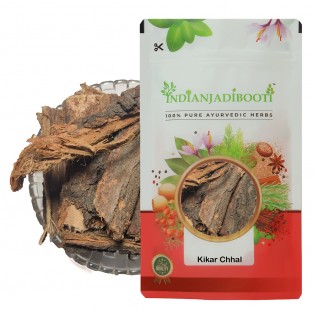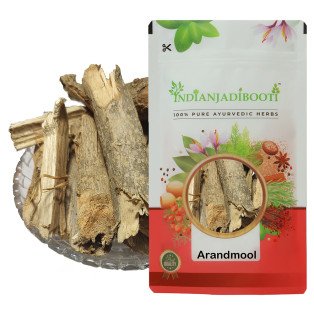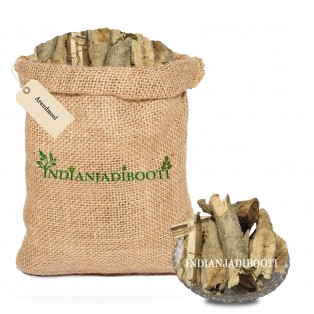
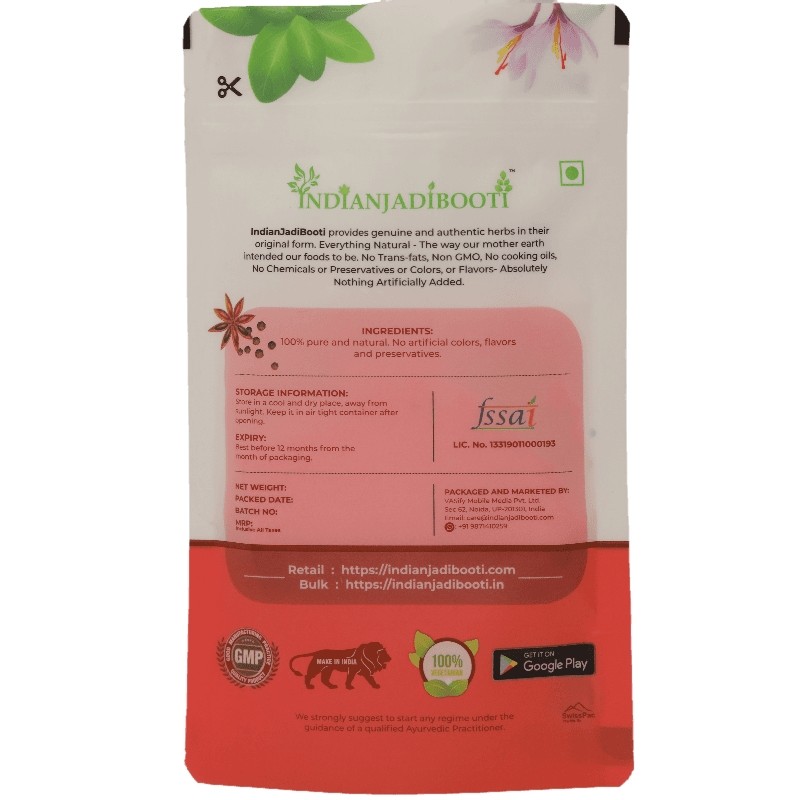












- Stock: In Stock
- Weight: 0.05kg
- SKU: HERB000040
- Shipping: Free within India upto 10KG on Prepaid
- COD Charges: Rs50 on each 500 Grams
- Quality: Premium Herbs with No Adulteration
- Delivery: Within 3 to 7 Working Days in India
- Shipping: From Delhi based Facility
- Transport Charges for 25KG and above: As Actual on To Pay
Available Options
Description
Ashwagandha Roots are the roots from the Withania Somnifera Tree. It is also known as Ashwagandha, Asgandh, Indian ginseng, poison gooseberry, or winter cherry.
For centuries, the root extract of ashwagandha has been a cornerstone in Ayurvedic medicine, the time-honored healthcare tradition of India.
This herbal supplement has a historical application in managing stress-induced conditions such as anxiety, sleeplessness, the effects of aging, among other ailments.
The efficacy of ashwagandha in these areas is often attributed to its adaptogenic qualities, which are believed to bolster the body’s resilience against stress. Additionally, the presence of withanolides in ashwagandha is thought to confer anti-inflammatory and antioxidant benefits.
Beyond its traditional uses, ashwagandha is also recognized for its potential to enhance athletic performance and address male infertility.
Ashwagandha Benefits included, but not limited to following:
- Stress and Anxiety
- fatigue
- Pain
- Skin conditions
- Diabetes
- Arthritis
- Epilepsy
For Detailed Benefits and Uses, Please Read: BENEFITS OF ASHWAGANDHA POWDER
Other Names: Winter Cherry, Indian Ginseng, Asan, Asoda, Asgandha, and Nagori, Asaganda, Ashwagndha, Aswgandha, Asvagandha, Asuganda, Indian Ginseng, Aswaghnda, Ashavganda, Ashwaganda, Ashagandh, Asagandh, Ashwaganda, Ashwganda, Ashawgandha, Asavghanda, Ashawghanda, Asawgandha, Aswaganda, asgandh, nagori Asuvgandha, Ashgandha, Ashavagandha, Aswganda, Askand, Asvgandha, Ashwaghanda, Ashvganda, Asvganda, Aswganda, Aswgantha, Asvgantha, avarada, amukkara, poison gooseberry, Asavgandha, Aswaghanda, Asghand, Asganda, Asgandha, Ashvaganda, Aswaghandha, Asvaghandha, Aksan, Ashavghanda, Winter Cherry, Ashawganda, Asgar, Asghar, Ashwghandha, Ashvghandha, asgand nagori, asgandh nagori, Ashavghandha, Ashawghandha, Ashwangandha, Ashvangandha,Ashwagandha Roots Nagouri, Asgandh Nagori , Aswagandha, Ashwanghandha, Ashwanghanda, Amukra, Amukkara, Ashvagandha Jadd, Aswagandha, Ashawagandha, Ashgandh Nagauri, Ashwgandha, Ashavgandha, Ashvgandha, Ashwgandha, Ashwaghandha, Ashvaghandha, avarada, amuk, Punir, Puneer, Poisonous Gooseberry, Vrahkarni, Varda, Balda, Kushthgandhini, Kusthgandhini, Tukhme Hayat, Baji, Vardha, Baldha, Vrah Karni, Aswghandha, Asvghandha
Reviews
100% Customers recommend this product
-
5 Awesome89.83%
-
4 Great10.17%
-
3 Average0%
-
2 Bad0%
-
1 Poor0%
Reviews Over Ashwagandha Roots - Ashvagandha Jadd - Asgandh Nagori - Withania Somnifera by IndianJadiBooti
- (4.9)
Total Reviews (59)
click here write review to add review for this product.
-
(0)
-
(0)
-
(0)
-
(0)
-
(0)
Report this review.
FAQ
Studies in animals and humans indicate that ashwagandha may help achieve weight loss, but it's unclear how the supplement works during this manner.
It can take a while for ashwagandha to start working within the body, and therefore the duration also varies by individual, also as by health goal. as an example , it'll take longer to ascertain weight loss with ashwagandha than it'll alleviate stress and anxiety.
Yes, ashwagandha are often taken on an empty stomach. If you experience discomfort when taking it on an empty stomach, consider taking it with a little amount of food instead.
It is unlikely, as ashwagandha has been indicated as a vital sign reducer. Those taking vital sign medication should consult a physician before taking this supplement.
Ashwagandha isn't indicated as causing weight gain. it's frequently utilized in order to reduce . However, it's going to increase muscle mass, which may increase weight , although it doesn't increase body fat percentage.
In clinical studies, ashwagandha increased the extent of hormone within the body. due to this, those that are taking thyroid medication should consult their physician before taking the supplement.
Yes, ashwagandha root are often crazy water, with milk, mixed into other liquids, and brought in other ways. one among the normal means of consumption is to combine it with a mixture of ghee, honey, and warm milk.
In medical studies, ashwagandha consumption was related to lowering vital sign , instead of increasing it. Individuals taking medication for top vital sign (hypertension) should consult their physician before adding this supplement to their regular regimen.
One of the classical uses of this herb was for improving strength and muscle mass, and modern scientific studies indicate that ashwagandha could also be ready to increase both muscle mass and strength, along side physical endurance.
Yes, taking ashwagandha as a supplement can cause side effects and should also cause negative interactions with other medications and herbal supplements you'll be taking. Most side effects are mild and short-lived, but some severe complications may arise for those with particular health conditions. If you're taking any sort of prescription medication, consult your physician before taking Ashwagandha. Also note that ashwagandha may amplify the consequences of other substances, like alcohol, marijuana, St. John’s wort, and more.
Ashwagandha is usually considered safe to require for many people. However, because it's an herbal supplement, it's not FDA approved, or FDA regulated. Additionally, some people shouldn't take ashwagandha without consent from their doctors, including pregnant women and nursing mothers, those with lupus, those on auto-immune suppressant medications, those with type 1 diabetes, and more. If you've got questions on the security of ashwagandha in your particular situation, consult your physician.
While ashwagandha isn't reputed to act directly on hair loss, and no medical studies are conducted involving male pattern baldness, or other sorts of hair loss, the supplement could also be ready to reduce stress levels within the body and aid in rebalancing the hormones, two common causes of hair loss in men and ladies .
While you'll find supplements on the market that feature both roots and leaves of the ashwagandha plant, Ayurvedic tradition holds that ashwagandha root powder is that the more sensible choice . the basis also contains the very best levels of withanolide, the active ingredient in Ashwagandha.
There are no medical studies conducted on the utilization of ashwagandha over extensive periods. While the supplement is taken into account generally safe for many people, usage is typically short term. Consult your physician if you've got further concerns, or work with an Ayurvedic practitioner to work out the proper schedule for your specific needs.
Yes, ashwagandha may affect hormone levels within the body. In studies, ashwagandha was shown to affect (increase) the amount of hormone within the body. Additionally, taking the supplement may reduce levels of cortisol within the body – a stress hormone during times of high stress and anxiety.
The biologically active chemical constituents include alkaloids (isopelletierine, anaferine, cuscohygrine, anahygrine, etc.), steroidal lactones (withanolides, withaferins) and saponins. Sitoindosides and acylsterylglucosides in Ashwagandha are anti-stress agents. Active principles of Ashwagandha, as an example the sitoindosides VII-X and Withaferin-A, are shown to possess significant anti-stress activity against acute models of experimental stress. The available scientific data support the conclusion that Ashwagandha may be a real potent regenerative tonic, thanks to its multiple pharmacological actions like anti-stress, neuroprotective, antitumor, anti-arthritic, analgesic and anti inflammatory etc. it's useful for various sorts of diseases like Parkinson, dementia, amnesia , stress induced diseases, malignoma etc.







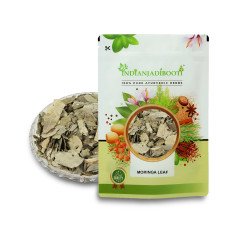








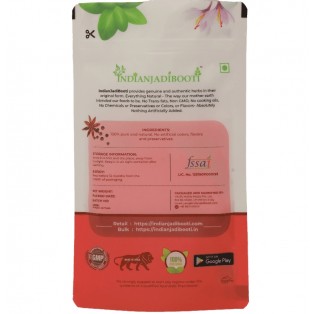



![Men Vigour Pack [Ashwagandha-100g, Safed Musli-100g, Akarkara-50g, Shatavari White-50g,Chhota Gokhru-100g, Kaunch Beej Safed-100g] by IndianJadiBooti Men Vigour Pack [Ashwagandha-100g, Safed Musli-100g, Akarkara-50g, Shatavari White-50g,Chhota Gokhru-100g, Kaunch Beej Safed-100g] by IndianJadiBooti](https://indianjadibooti.com/Jadistore/image/cache/catalog/IJB-Final-Phot%20os-1000-1000/indianjadibooti-men-vigour-pack-ashwagandha-100g-safed-musli-100g-akarkara-50g-shatavari-white-50g-chhota-gokhru-100g-kaunch-beej-safed-100g-704-314x314.jpg)
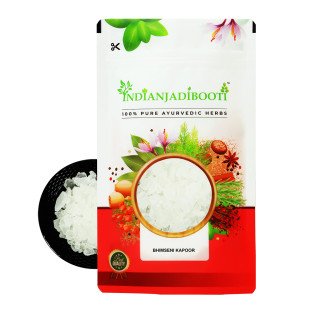
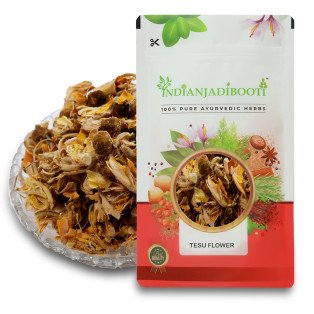
![Asafoetida (Hing Premium) - Heeng - Stinking Gum - Ferula foetida - Buy World's Strongest Hing by IndianJadiBooti [10 Grams Each] Asafoetida (Hing Premium) - Heeng - Stinking Gum - Ferula foetida - Buy World's Strongest Hing by IndianJadiBooti [10 Grams Each]](https://indianjadibooti.com/Jadistore/image/cache/catalog/IJB-Final-Others/hing-asafoetida-ijb-1-314x314.jpeg)
![Asafoetida (Hing Premium) - Heeng - Stinking Gum - Ferula foetida - Buy World's Strongest Hing by IndianJadiBooti [10 Grams Each] Asafoetida (Hing Premium) - Heeng - Stinking Gum - Ferula foetida - Buy World's Strongest Hing by IndianJadiBooti [10 Grams Each]](https://indianjadibooti.com/Jadistore/image/cache/catalog/IJB-Final-Others/hing-asafoetida-ijb-11-314x314h.jpeg)

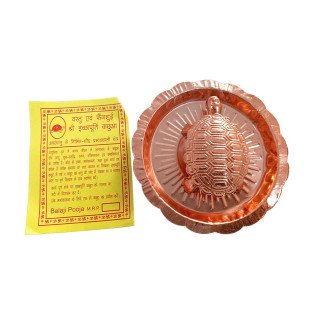

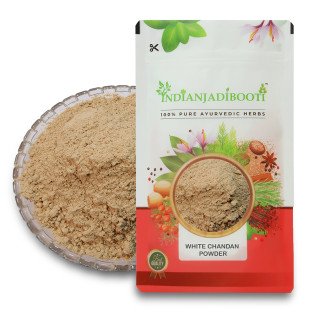
-314x314.jpg)


